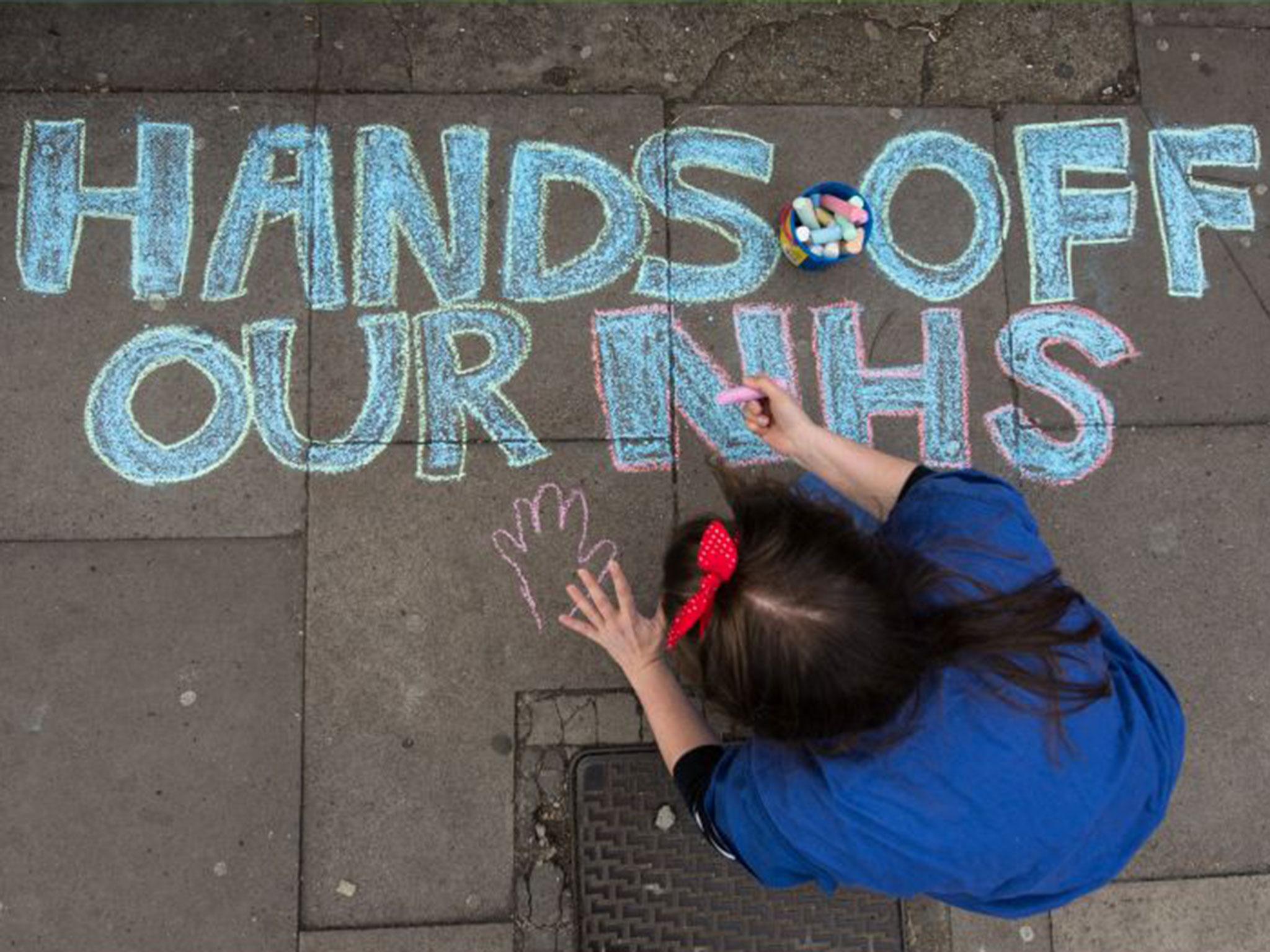BMA agrees to re-enter talks with Government over junior doctors contract
Junior doctors have staged a series of strikes in protest at attempts by Health Secretary Jeremy Hunt to introduce a new contract partly designed to increase staffing at weekends

Your support helps us to tell the story
From reproductive rights to climate change to Big Tech, The Independent is on the ground when the story is developing. Whether it's investigating the financials of Elon Musk's pro-Trump PAC or producing our latest documentary, 'The A Word', which shines a light on the American women fighting for reproductive rights, we know how important it is to parse out the facts from the messaging.
At such a critical moment in US history, we need reporters on the ground. Your donation allows us to keep sending journalists to speak to both sides of the story.
The Independent is trusted by Americans across the entire political spectrum. And unlike many other quality news outlets, we choose not to lock Americans out of our reporting and analysis with paywalls. We believe quality journalism should be available to everyone, paid for by those who can afford it.
Your support makes all the difference.The BMA has announced it will re-enter talks with the Government over the disputed junior doctors' contract, which the Health Secretary Jeremy Hunt has said will be introduced.
This follows a series of strikes by junior doctors, after which the Academy of Medical Royal Colleges put forward a proposal calling on both sides to restart negotiations.
Commenting, Dr Johann Malawana, BMA junior doctor committee chair, said he hoped “real progress can now be made to ending this dispute through talks."
“Junior doctors’ concerns extend far beyond pay, and our principle in talks will be to deliver a fair contract that does not discriminate against women or any other group, one which addresses the recruitment and retention crisis in the NHS and which provides the basis for delivering a world-class health service,” he said.
The BMA will also call for any contract offer – agreed or not- to be put to a referendum of junior doctors.
The Government had initially said it was “too late” to stop the implementation of the contracts, however they later said they would pause the contracts' imposition for five days to allow talks to resume.
Lord Prior told the House of Lords on Thursday, Mr Hunt would now be writing to the Academy expressing the Government’s willingness to cooperate, if the BMA agreed to “focus the discussion” on the issues of unsocial hours and Saturday pay.
The BMA agreed to temporarily suspend planned industrial action in an attempt to draw a compromise with ministers, but did not respond to the details of the Government’s terms until Saturday.
The disputed contract was due to be imposed from August, without the approval of the workforce, after the Government unilaterally decided to end negotiations with the BMA, claiming the union’s unwillingness to engage on key points – in particular Saturday pay – had made negotiations impossible.
More industrial action from junior doctors followed, including the first all-out junior doctors’ strike in the history of the NHS, which, despite Government warnings, concluded without any reports of major patient safety incidents.
Join our commenting forum
Join thought-provoking conversations, follow other Independent readers and see their replies
Comments